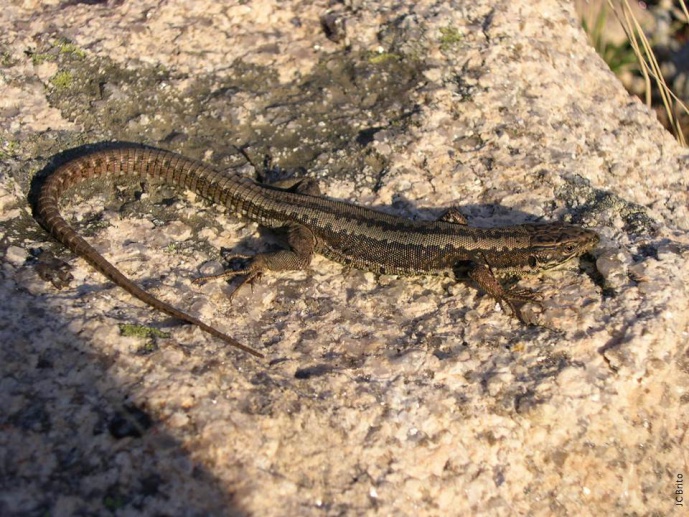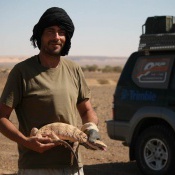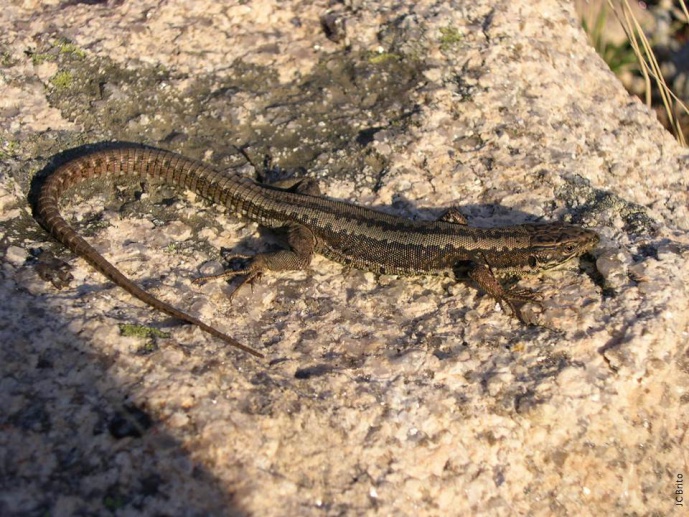GenePlan - Integrating evolutionary processes and systematic conservation planning
Given the global biodiversity crisis, prioritizing conservation areas has been a major goal of conservation biology. Two major strategies have been used for that purpose: the hotspots approach (2) and Systematic Conservation Planning (SCP). It has been recognized that evolutionary processes that generate and maintain biodiversity should be accounted in conservation prioritization, including the major components of genetic diversity: the neutral and the adaptive. Some attempts have been made to incorporate evolutionary processes in the hotspots approach, but the same is not true with SCP.
With the current proposal we wish to develop pioneering approaches and tools to incorporate evolutionary processes into conservation planning. These approaches will be applied in a case-study considering herptiles of the Iberian Peninsula.
The ultimate objective is to identify priority areas for the conservation of herptiles species which assure persistence of the evolutionary processes that generate and maintain biodiversity. We will combine molecular, spatial and decision analyses in order to answer the following questions:
(a) Which areas in the Iberia Peninsula concentrate both taxa with a long evolutionary history and endemic taxa?
(b) Which areas in the Iberia Peninsula concentrate high genetic divergence for multiple species?
(c) Which environmental factors are related with intraspecific variation?
(d) What is the minimum set of areas of the Iberian Peninsula which should be priority conserved in order to assure both representation and long time persistence of amphibians and reptiles?
A computational tool will be used to spatially identify those areas within the Iberian Peninsula which should be priority conserved in order to assure both representation and long time persistence of amphibians and reptiles. Particular focuses will be put on areas where evolutionary processes have played major roles in shaping, maintaining and generating biodiversity and its geographical patterns.
The project will contribute to enhance conservation prioritization practices, promoting methods that will improve cost-efficiency of conservation actions. Thus, we expect this project to have positive repercussions both at the scientific and technical levels and to influence future conservation policy.
Salvador Carranza Gil-Dolz del Castellar, Hugh Phillip Possingham, Craig Moritz



